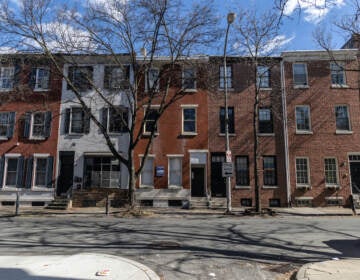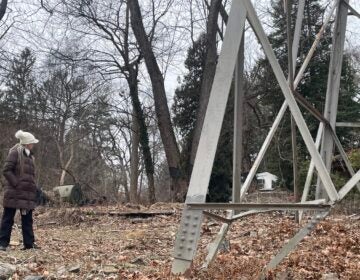A new online dashboard shows how Philly neighborhoods compare on public safety, sanitation, and beyond
The data posted on the City Controller’s website will be used for budgeting and as a blueprint of how to invest in social programs.

The Philadelphia skyline. (Mark Henninger/Imagic Digital)
The Philadelphia City Controller’s office has launched a new online dashboard focused on how issues like public safety, housing, and even nutrition affect each neighborhood.
The dashboard is designed to be useful for people looking into how the city works — or does not work — for its residents.
Progress PHL was designed with the help of a group called the Social Progress Imperative to help people monitor the values that mean the most outside economic data.
Nick Hand, director of finance policy and data for the controller’s office, says the data includes items like “nutrition, basic medical care, water, sanitation, housing, public safety, health, access to the internet, and environmental issues. So these are all social and environmental indicators that we have developed for every part of the city.”
There are other social scores available on the dashboard, too.
“Things like voting, things like owning a home, inclusiveness, things like segregation, access to advanced education, and personal freedom of choice,” Hand said. “What’s your commute like? What’s your travel options like?”
The goal is to help community groups when they apply for grants. The data can also inform city spending on the needs of different neighborhoods. “The goal is to provide information to compare and contrast neighborhoods and the city’s progress in improving those areas,” he said.
“We look forward to working with the city council or the mayor’s administration to target resources, better target funding, target investments to specific neighborhoods,” Hand said.
By identifying the challenges each neighborhood is facing, the city and philanthropic groups can better plan their investment in specific neighborhoods. It should also make it easier to track the outcome of those public and private investments.
WHYY is your source for fact-based, in-depth journalism and information. As a nonprofit organization, we rely on financial support from readers like you. Please give today.







